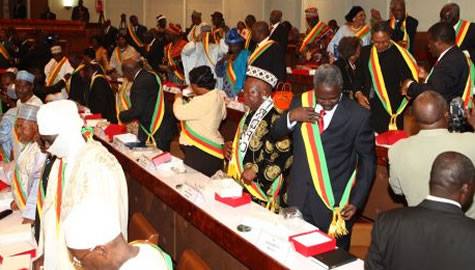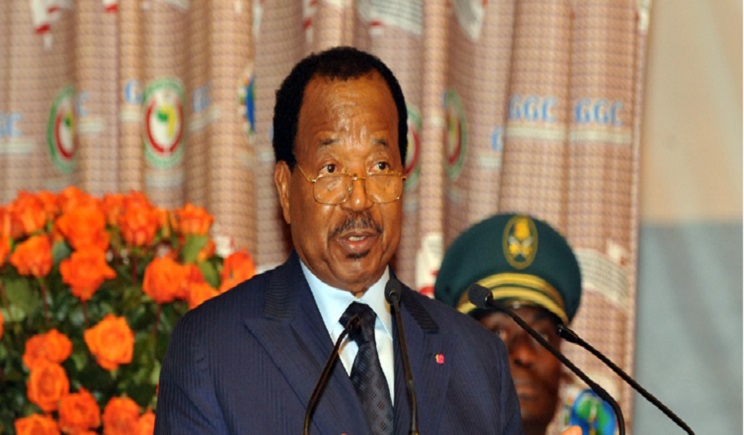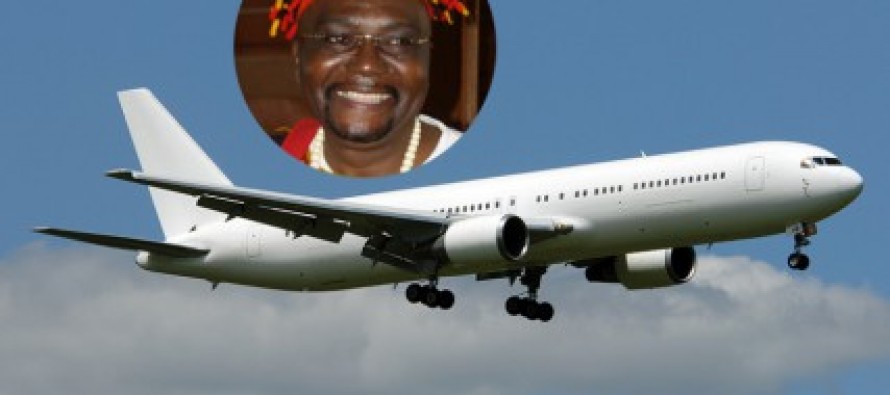Cameroon’s Higher Education reforms: Minister Fame Ndongo in hot waters
Cameroon Intelligence Report has learnt that the Universities of Buea and Bamenda have blatantly refused any harmonization of academic programs in state universities in Cameroon. The so called harmonization program was made public on May the 30th 2016 by the Minister of Higher Education, Jacques Fame Ndongo. The two Anglo-Saxon universities have clearly demonstrated their opposition to the move via a memorandum addressed to the Prime Minister and Head of Government.
In one of the arguments against the harmonization, the signatories of the memorandum told the loud sounding nothing Minister Fame Ndongo that the presidential decree that established the University of Buea indicated that it was created in the Anglo-Saxon tradition. They further added that harmonization is not possible as the Buea University is run by a Vice-Chancellor not a president. Moreover, the unique teaching language is English, unlike other universities, where French and English are used.
Rita Akana





